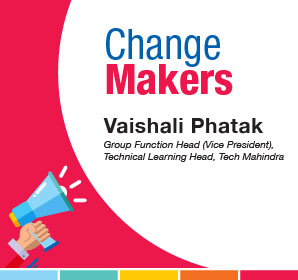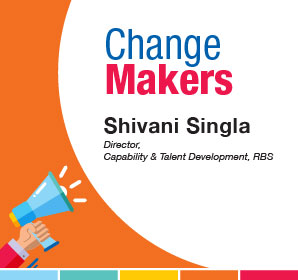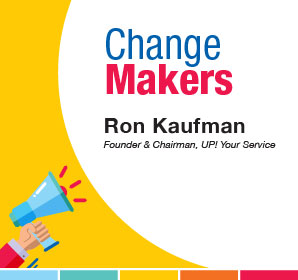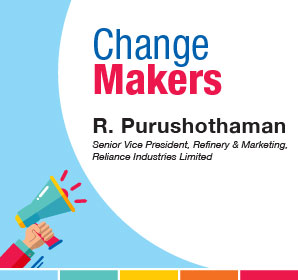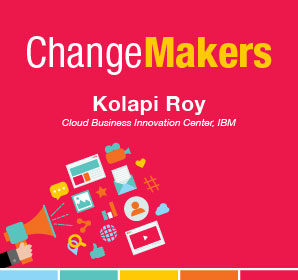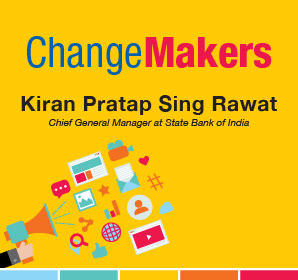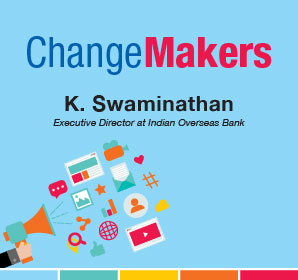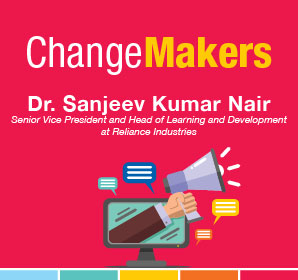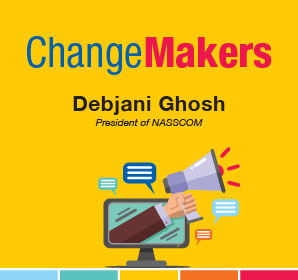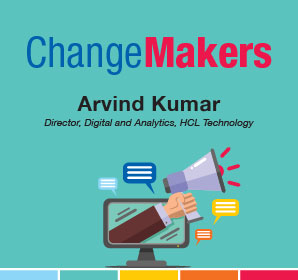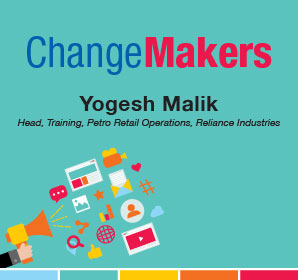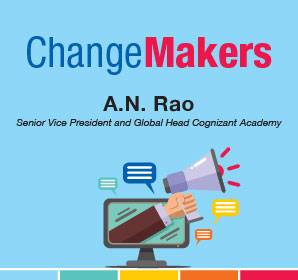Talent pipeline: the future of hiring
By NIIT Editor
Published on 10/10/2019
As technology is reshaping the skills needed for work, Just-in-Time talent is the only win-win situation for all
There is an elephant in the room and we all need to address it. While everyone is talking about
Big Data Analytics, Artificial Intelligence, Virtual Reality, Internet of Things, 3D Printing and intelligence medicine being the next big thing…where are the people to handle these roles? If there are, why are those positions not filled? The truth is, as technology is causing a change in the work profile, some of the leading global organizations in the IT and BFSI sector are facing an uncertain talent crunch. The pressures they are facing due to this non-availability of talent, specific to their business needs is immense.
If you look at the World Bank’s Future of Work report, it is repeatedly highlighted that the demand for less advanced skills that are substitutable by technology is decreasing while the requirement for advanced cognitive skills, socio-behavioral skills, and skill-combinations associated with greater adaptability is increasing. This pattern is evident in developed countries and is starting to be seen in some developing countries as well. In the same report, it was stated that in a survey of employers of engineers in India, socio-behavioral skills were ranked at or above technical qualifications and credentials in terms of their significance for the employability of recent graduates. This shows that one of the greatest impact of the new job economy is apparent in the IT and BFSI sector in India. Similarly, according to the BCG report Indian Banking 2020: Making the Decade’s Promise Come True by 2020, 70 per cent of banking and finance jobs would be in sales and/or relationship management. These trends go on to show the changing nature of the talent requirements.
Pool of talent
According to Mettls’ State of Talent Acquisition in India report, talent acquisition is one of the top three challenges faced by organizations in the country. High-skilled, mid-level talent in metro and Tier-1 cities will face maximum talent crunch and some of the most difficult roles to fill are those in the sales and technical vertical. This changed scenario, calls for responsive and reliable talent pipelines, ready to be hired across the IT and BFSI sector. The ready-talent must be specifically skilled in digital technologies so that they can positively contribute to projects from Day One.
Talent pipelines ensure that there is a reliable availability of specifically skilled talent to global organizations that would match the pace of the fast-changing, uncertain business environment. From a hiring perspective, talent pipelines are key to hiring top talent in today's competitive market. Instead of relying on ads, organic applications and reactive filling of requisitions, companies need to be proactive, engage passive candidates and create talent pools to help them fill open and future roles faster. Besides, Modern Talent Acquisition is also about building a relationship with candidates long before they’re ready to apply. This makes them form a positive opinion of the company.
Robert Walter’s whitepaper on Engineering new talent pools to combat skills shortages says
finding workers with transferable skills, upskilling current employees and cultivating a passive talent pool are a few strategies employers can adopt to ensure a steady inflow of talent.
Partnering with skills
In this new job economy, students can’t expect to acquire a simple college degree and expect to excel at work. In fact, about 40 percent of the jobs, don’t even require a college degree. These days, organizations are more interested in knowing how you can contribute to their success, rather than which university you graduated from. As part of the Startup India initiative, seven new research parks located in different Indian Institute of Technology campuses are established to promote innovation through incubation and collaboration between universities and private sector firms. India’s Vikalp Voucher program incentivizes students to choose between multiple private training providers and courses. Talent Pipeline as a Service (TPaaS) is a first-of-its-kind strategic initiative by NIIT that would train around one lakh youths in three years for aspirational career opportunities in leading corporates in the IT and BFSI sectors. What we need to see are more partnerships in the future – something that goes outside the traditional realm of training and learning.
Who’s in the pool?
To engineer a good pipeline, the first step is to identify the skills necessary for particular roles rather than searching for a candidate with similar experience. This will allow employers to develop a workforce with a broad range of backgrounds. Next, look for the right candidates. These could be existing employees, or candidates that applied for a post but lost a chance leads from career fairs or events and executive searches. The worker of the future is one who is willing to learn. Developing talent in-house by upskilling current employees is effective in helping employers avoid skills shortages as well as keeping employees engaged and satisfied by offering them opportunities for professional development. Bridge the gap by training the workforce on current and future skills, or better still, partner with institutes that provide such training.
Think of the talent pipeline as a queue of potential applicants waiting outside your company. The longer the queue, and better the candidates, the simpler it will be for organizations to hire talent. The bottom line is that the number of emerging institutions that leverage Talent pipeline as a service by offering specialized training in fields like IT, management and operations will change the future of learning and hiring – these are the need of the hour and will be critical to corporate success in the long run.
Developing Web Apps using Servlets and JSP
Hands-On Expertise in Advance Java

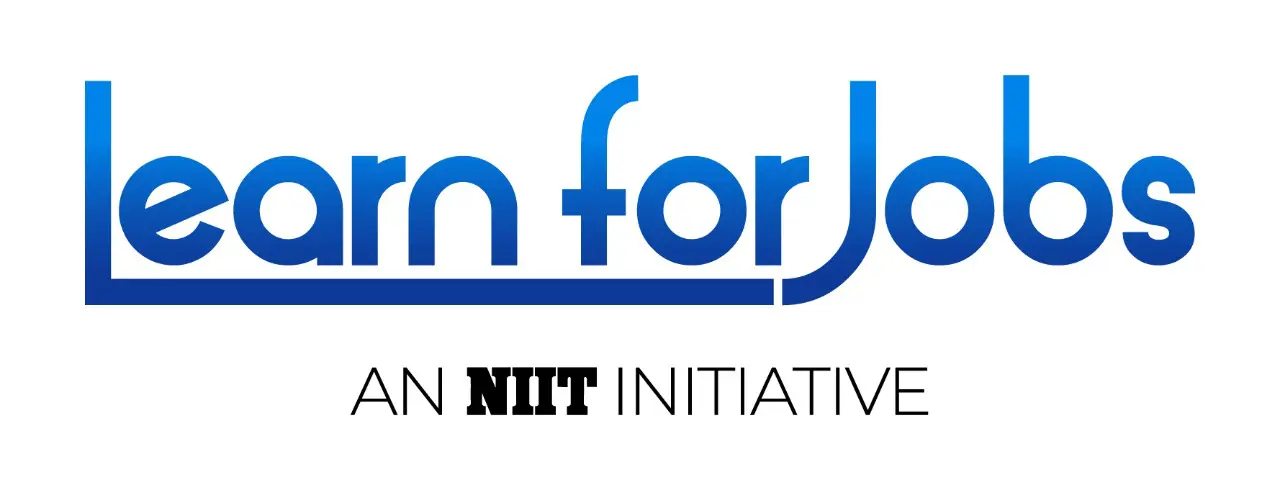
 Sign In
Sign In

























































































































































































































































































































































